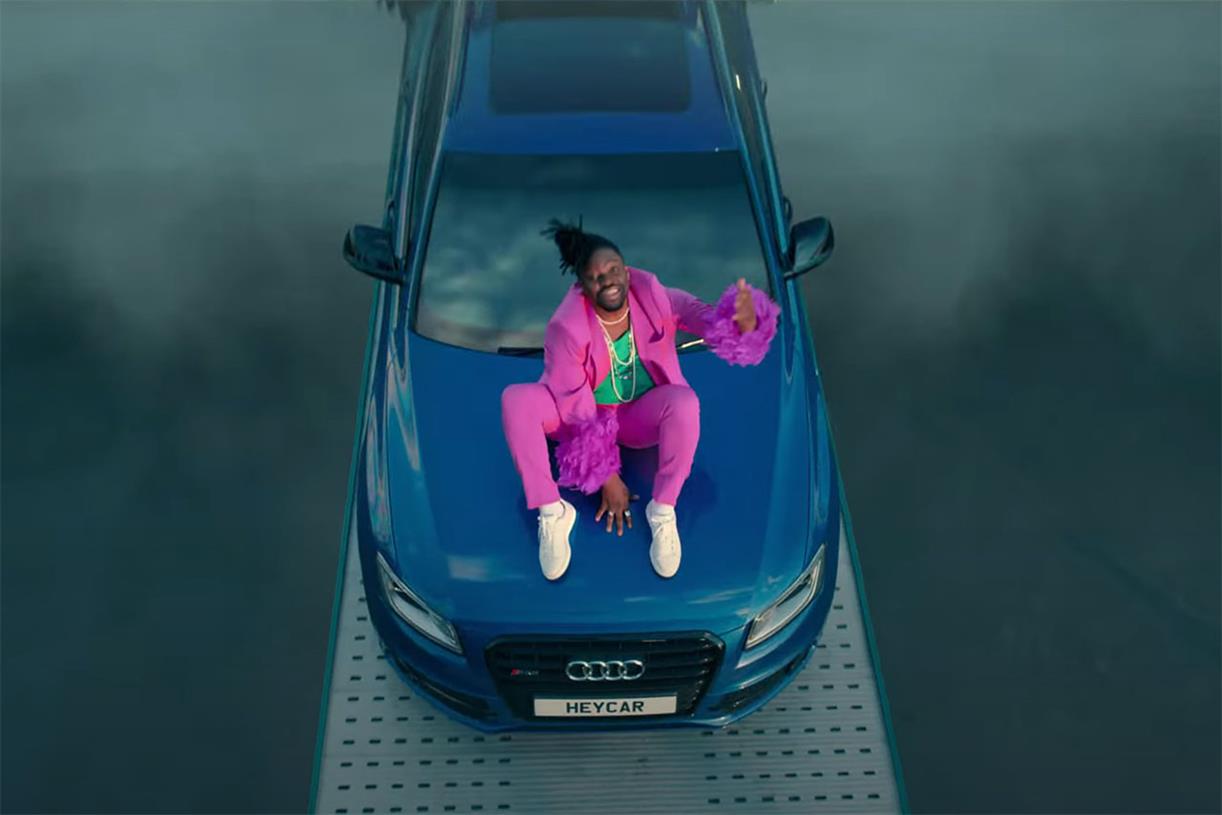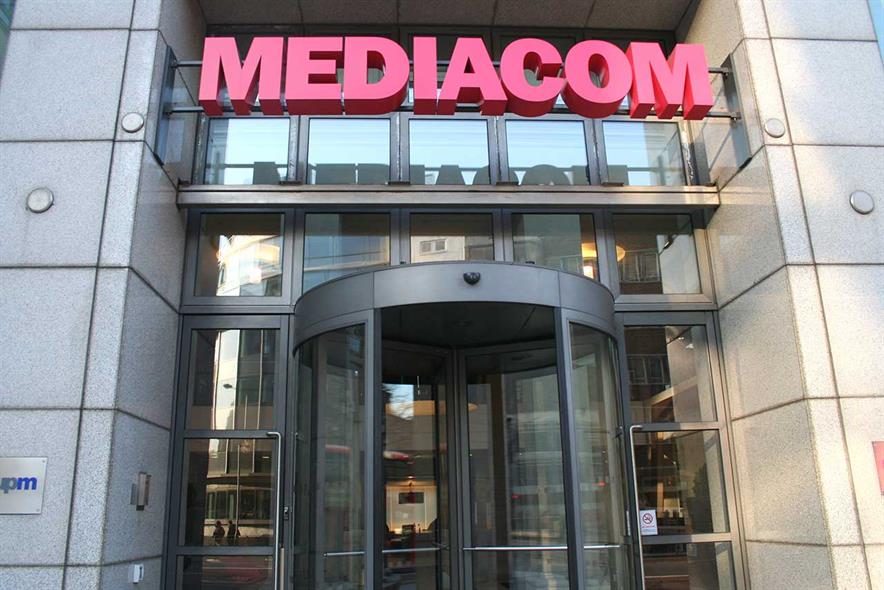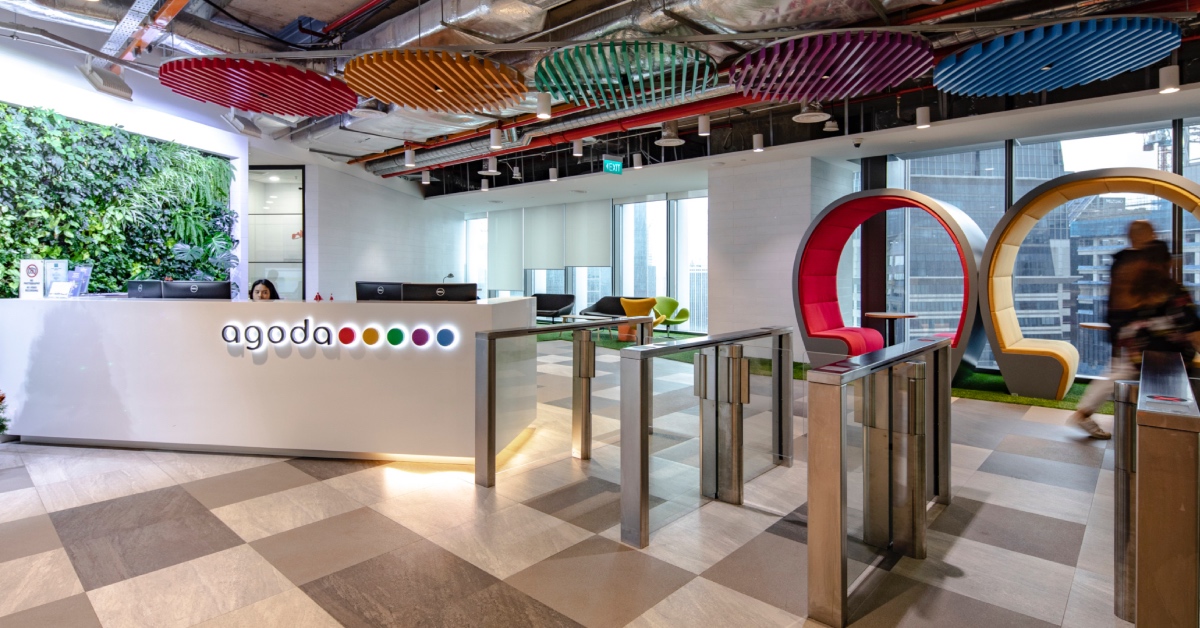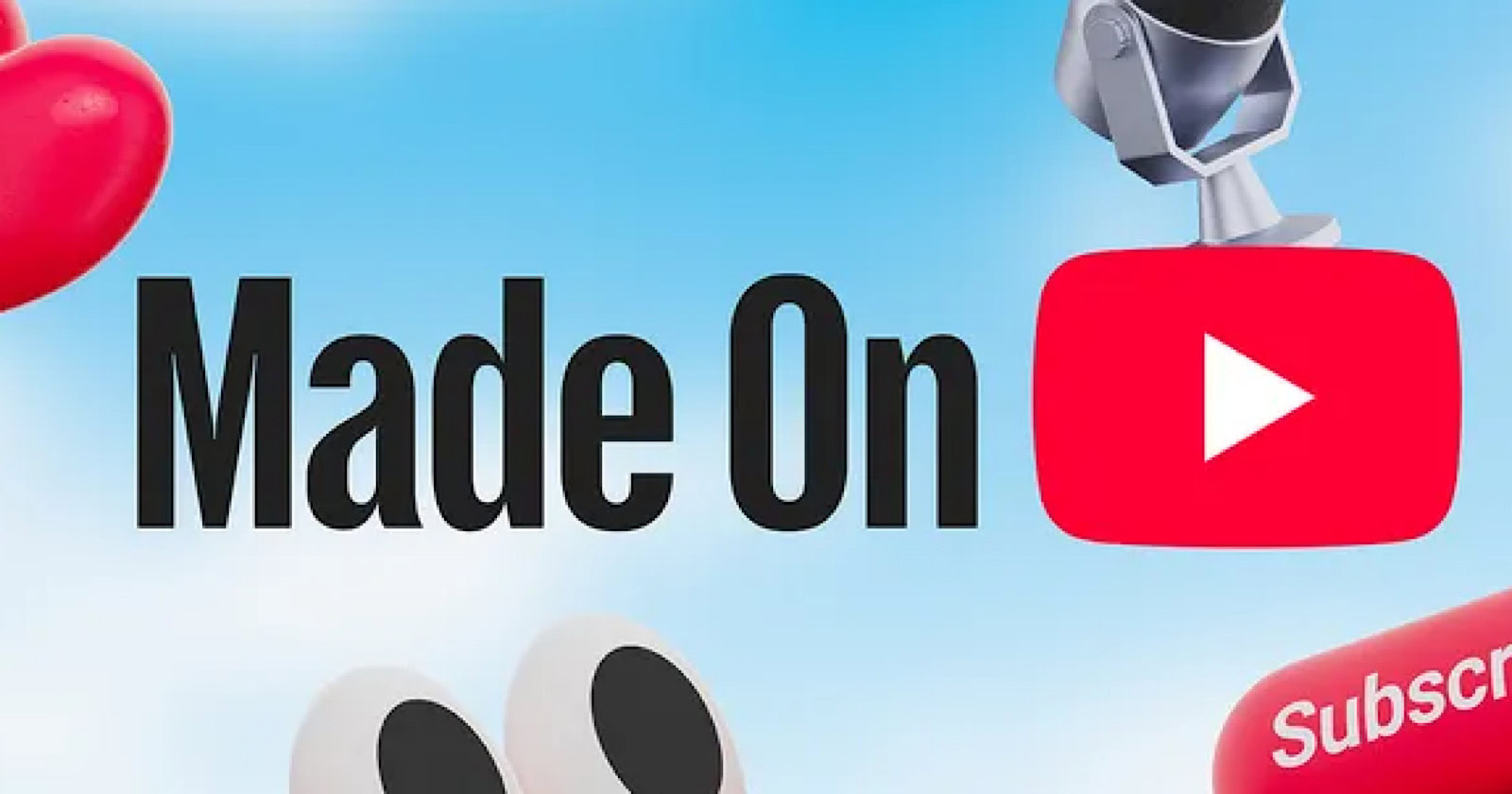Glastonbury 2021 is cancelled: what does this mean for summer experiences?
'Cancelling a place doesn’t cancel the passion.'
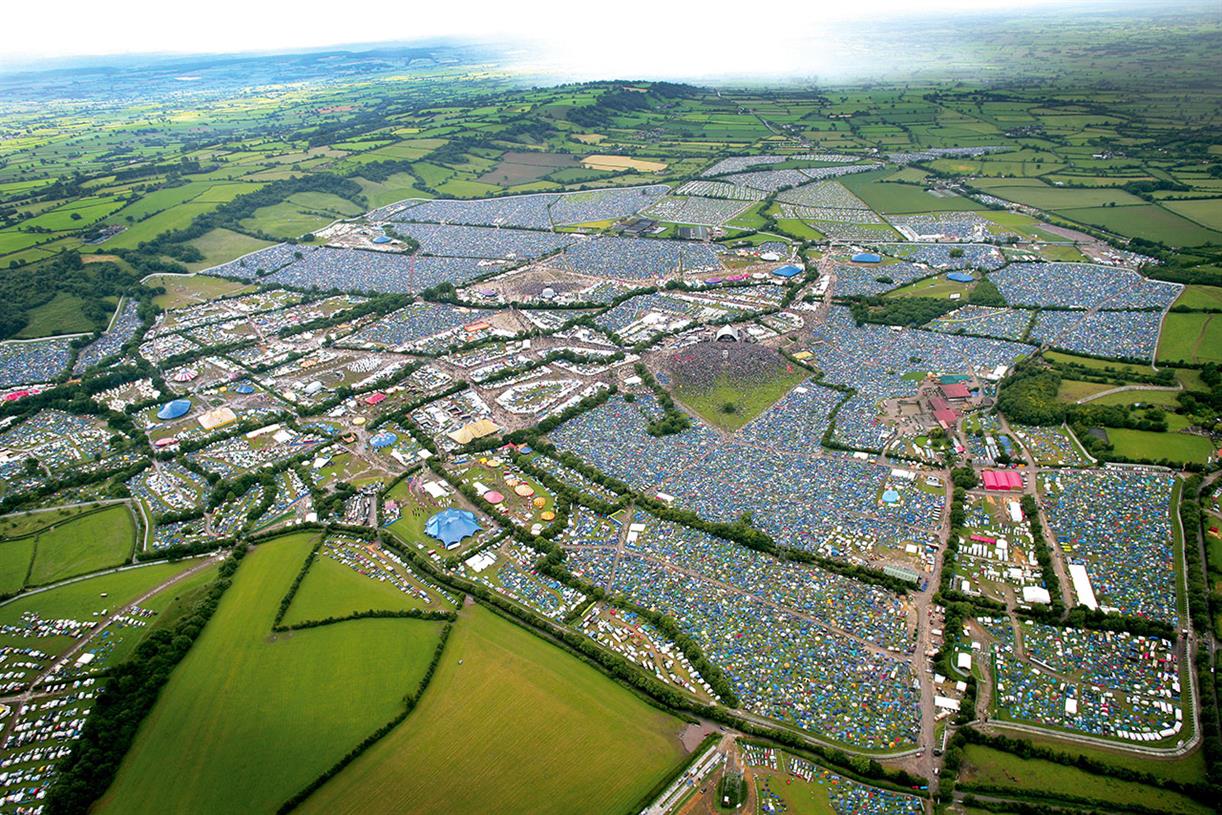
Glastonbury today confirmed what for some may have seemed inevitable: that the event will not take place this year.
"In spite of our efforts to move heaven and earth, it has become clear that we simply will not be able to make the festival happen this year," organisers Michael and Emily Eavis said in a statement posted on Twitter.
They added: "We are very confident we can deliver something really special for us all in 2022."
The event was shrouded in uncertainty after Emily Eavis said in an interview with the BBC in December 2020 that she was a long way from being confident that 2021 would go ahead. She recalled that the festival had lost millions in 2020 due to the last-minute cancellation and did not want to risk preparing for an event that would not take place.
UK festival organisers have called on the government to institute an insurance scheme that would give them the best chance of hosting events, as currently, they risk bankruptcy in the event of cancellation due to the pandemic. Many summer events will need to make the final decision on whether they will go-ahead by the end of Q1.
Campaign spoke to experience creators about what the cancellation of Glastonbury means for summer 2021.
 Will Mould
Will Mould
Managing director, XYZ
Although it's disappointing that Glastonbury is cancelled, this is not the end for 2021 summer experiences, in my opinion. Two hundred thousand people in a Somerset field is unique and I still believe Covid-safe experiences can take place. Yes, this may mean a compromise on capacities, entry mechanisms and even financial expectations but the British live industry is hugely capable of delivering. What we do need, however, is at least an outline road map from the government in order to build confidence. The chances of that, though...
 Jonathan Emmins
Jonathan Emmins
Founder, Amplify
As someone in the events industry and a festival-goer, the cancellation of Glastonbury, and what it represents more broadly, is a sad, but understandable, blow. Safety has to come first, and the scale, complexity and commitment of running a festival that size does not sit well with uncertainty. With an attendance well in excess of 200,000 people, it's bigger than the population of many of the UK's villages and towns, requiring an infrastructure to match and meaning its cancellation will have a huge impact on many people's livelihoods.
While sad and frustrating, this challenge does represent an opportunity. As slowly but surely more and more of the UK population are vaccinated and we work our way out of the pandemic, we anticipate an upsurge in demand for events and experience, when they become safe to organise again. Similar to what we've seen with brands, this situation can favour those festivals and events that are smaller and, consequently, can be more agile. Entrepreneurialism, both cultural and commercial, will lean in to this demand and provide opportunity for both existing organisers, newer players and those exploring new formats.
 Kaye Dunnings
Kaye Dunnings
Creative director, Shangri-La / Lost Horizon
We are devastated about the cancellation of Glastonbury 2021 and what this means for the whole industry, as we know hundreds of other events will be forced to follow suit.
Shangri-La is all about community and collaboration, so our jump into the metaverse in 2020 with Lost Horizon began as a way to translate this and keep the festival spirit alive in the digital realm.
We shall continue to develop new interactive, immersive realities to enable shows to happen regardless, this summer and beyond. We want to help other events deliver meaningful digital experiences for their audiences moving forward. There is still hope.
 Giles Fitzgerald
Giles Fitzgerald
Trends and insights editor, Frukt
With the self-styled mothership of festivals grounded for a second year, another Glastonbury cancellation has the potential to knock every satellite festival in the country off its summer orbit. It leaves a sizable chasm in the 2021 calendar. However, cancelling a place doesn't cancel the passion. The desire for visceral, shared music experiences is now at boiling point and the festival business (which has remained stoic through two decades of wider music industry change) now has to evolve at breakneck speed. The innate passion for music, like water, will always find a way through, and there is a real opportunity for nimbler, more innovative summer experiences to capitalise on this heightened cultural demand.
 Christophe Castagnera
Christophe Castagnera
Head of connected experiences, Imagination
In 2020, big festivals had to make the call to postpone or pivot. Tomorrowland Festival chose the latter and created a hybrid experience with limited physical audiences, in safe-space zones, along with a rich world of immersive content to work seamlessly with the dance music vibes. Now, with Glastonbury and others facing a repeat, they may have to explore a hybrid model of their own, perhaps niche, distanced performances on micro-stages with a greater audience connecting online, creating their own mini-stages in their lounge.

 UsenB
UsenB 








![How 500 Marketers are Leveraging Instagram Shopping Tools [Data]](https://blog.hubspot.com/hubfs/instagram-shopping-tools-2.jpg#keepProtocol)
![16 Leadership Resources for Any Stage of Your Career [+ 9 Extra Tools]](https://blog.hubspot.com/hubfs/leadership-resources.jpg#keepProtocol)
